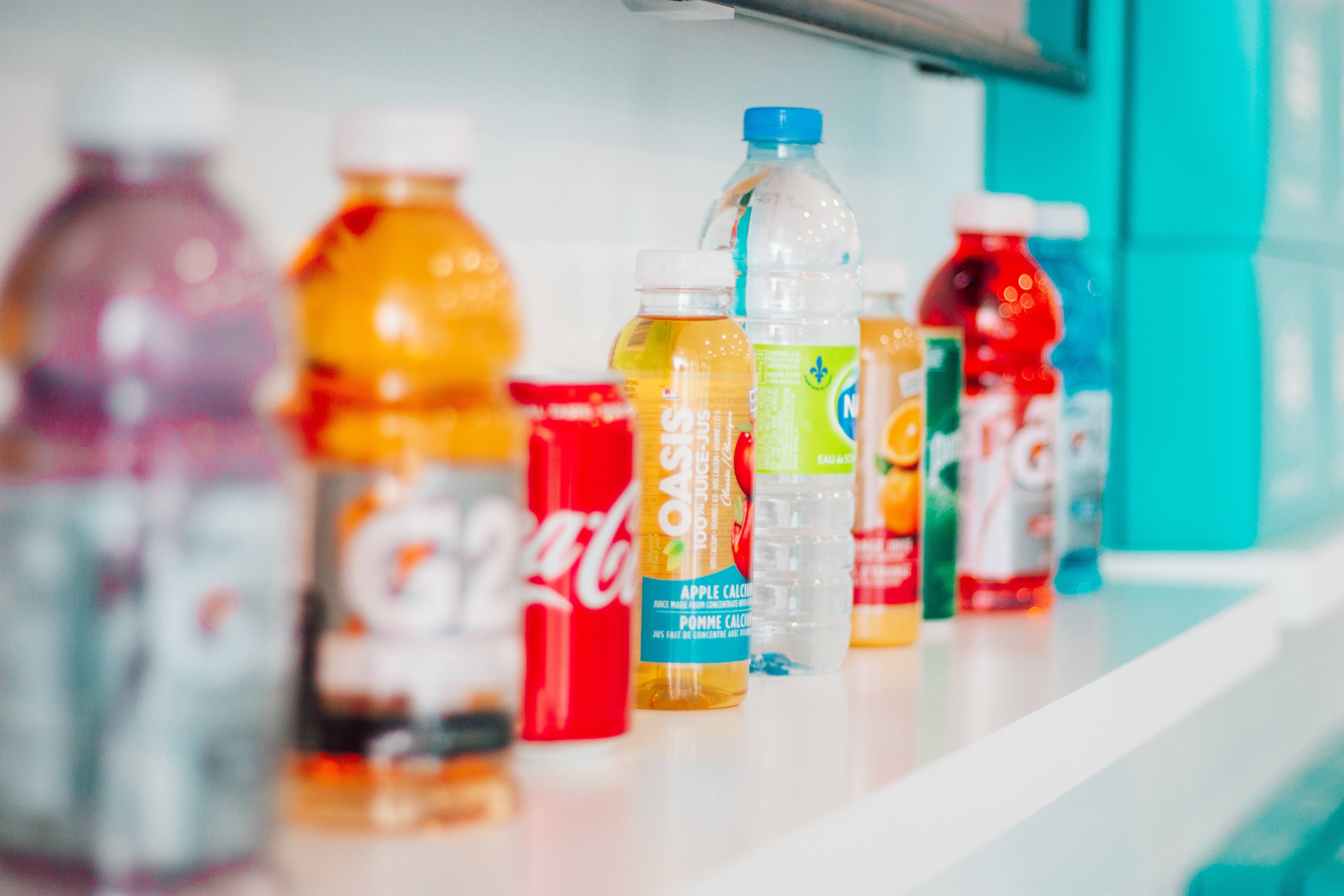The Science Behind Hydration Drinks
Hydration drinks, such as Gatorade and Prime, have become widely popular for their claims of replenishing electrolytes and enhancing athletic performance. Hydration drinks typically contain a blend of electrolytes, including sodium, potassium, magnesium, and calcium. These electrolytes play a vital role in maintaining fluid balance, nerve function, and muscle contractions. Additionally, hydration drinks often include carbohydrates, which can provide a quick source of energy during physical activities. The primary goal of these beverages is to replenish electrolytes lost through sweating and to prevent dehydration, especially during intense exercise.
Benefits:
Rehydration: Hydration drinks can aid in rehydration due to their electrolyte content, which helps restore the body's electrolyte balance lost through sweating. This is particularly beneficial for athletes engaging in prolonged or intense exercise, where significant electrolyte loss occurs.
Energy Source: The carbohydrate content in hydration drinks offers a readily available energy source that can help sustain endurance activities. This is crucial for maintaining performance during long-duration exercise.
Performance Enhancement: Some studies suggest that consuming hydration drinks during endurance events can improve performance by delaying fatigue and maintaining electrolyte balance. This may be especially true in hot and humid conditions where electrolyte loss is higher.
Drawbacks:
Caloric Content: Many hydration drinks contain added sugars to enhance taste, which can contribute to excessive calorie intake, potentially leading to weight gain and related health issues. Regular consumption of these sugary beverages might counteract the benefits of exercise.
Nutrient Imbalance: Relying solely on hydration drinks can lead to an imbalance in nutrient intake, as whole foods often provide a wider array of essential nutrients. Overconsumption of electrolytes can also have adverse health effects, such as hyperkalemia (high potassium levels).
Artificial Additives: Some hydration drinks contain artificial colors, flavors, and sweeteners, which may not align with individuals seeking more natural and whole-food-based options. These additives could potentially lead to sensitivities or allergies in some individuals.
Hydration drinks like Gatorade and Prime have their merits in specific contexts, such as during intense exercise or endurance activities. Their electrolyte and carbohydrate content can aid in rehydration and provide an energy boost. However, potential drawbacks such as added sugars, nutrient imbalances, and artificial additives must be considered.
